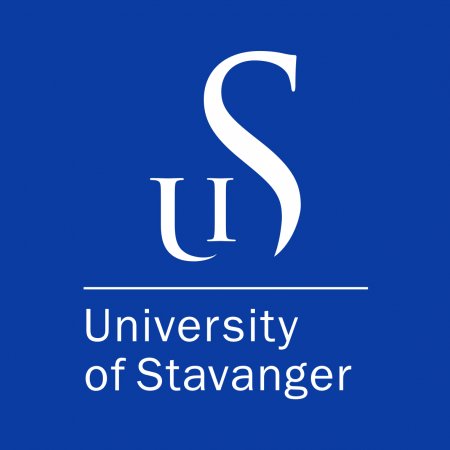Sustainability Studies - Master's Degree Programme
In the master's programme in sustainability studies, you learn about the connections between environmental concerns, energy production, and societal values, and how political, social, cultural, and technological factors influence the transition to a sustainable society.
The master's programme in sustainability focuses on the challenges and opportunities related to the Paris Agreement and the UN's Sustainable Development Goals (SDGs). These challenges call for social scientists who understand both the technological, environmental, and socio-political contexts and conditions involved.
Entry requirements
A bachelor's degree with a specialization of at least 80 ECTS credits in one or more of the following subject areas or equivalent is required: Social sciences, History, Hotel management, Tourism management, Sociology, Psychology, Pedagogy, Social anthropology, Law, Geography, Political science, Management, Economics.
Admission to this master's programme requires a minimum grade average comparable to a Norwegian C (according to ECTS Standards) in your bachelor's degree.
Proficiency in English at an advanced level is required and must be documented. For more information, please visit the programme's website.
Entry requirements
A bachelor's degree with a specialization of at least 80 ECTS credits in one or more of the following subject areas or equivalent is required: Social sciences, History, Hotel management, Tourism management, Sociology, Psychology, Pedagogy, Social anthropology, Law, Geography, Political science, Management, Economics.
Admission to this master's programme requires a minimum grade average comparable to a Norwegian C (according to ECTS Standards) in your bachelor's degree.
Proficiency in English at an advanced level is required and must be documented. For more information, please visit the programme's website.
